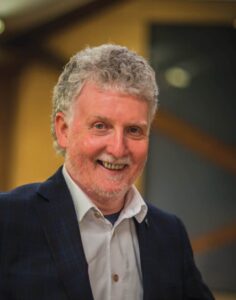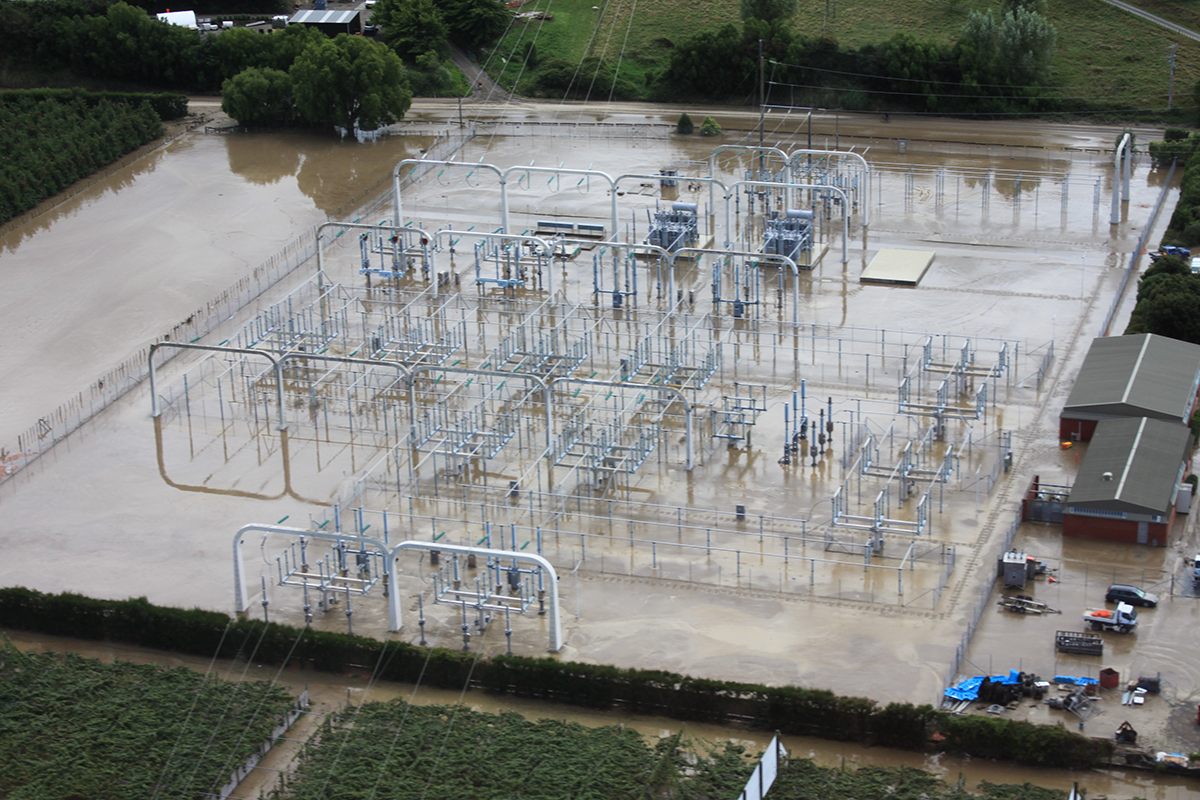[As published in May/June BayBuzz magazine.]
“It was the best of times, it was the worst of times…” began Charles Dickens in A Tale of Two Cities. In the recent events of Cyclone Gabrielle, while our two cities were largely spared from serious damage, our economy took a beating which will reverberate in some areas for the next decade or more. Our challenge is to turn what was for many the worst of times into what becomes, for the majority, the best of times.
From an economic perspective, the cyclone exposed a number of weaknesses in our systems across the region. One of the biggest was the inundation of the Redclyffe electrical substation, and the subsequent lengthy outages which also contributed to a significant outage of telecommunications. It demonstrated to a worrying degree how dependent we now are on electronic means of communication, trade, commerce … almost everything.
However, even with the restoration of power and the ability to communicate, there was a significant vacuum of information for much longer than was desirable. While Gisborne District Council could mobilise the local press, get information printed on everything that was known at the time about the situation, and hand-distribute them to every Gisborne household, in Hawke’s Bay we relied on Facebook posts. No, I don’t have the solution to that right now – but we need to sort it out before the next disaster hits.
The cyclone also highlighted our reliance on our primary sector, and triggered a growing realisation of just how badly affected it has been. The primary sector has supported the growth of this region for over 100 years, and we are going to have to support them as they regroup and rebuild.
In the post-Gabrielle environment, being the Chair of the recently established Hawke’s Bay Regional Economic Development Agency (HBREDA) has taken on a slightly different complexion. By way of background, HBREDA has a straightforward mandate at a high level – basically to facilitate sustainable economic growth for the region in a manner that involves and benefits the widest possible sections of our population.
The recent events haven’t changed the mandate. If anything, they have sharpened the need for focus. They have also steeled the resolve of all key leaders in the region to use the disaster that has hit us as a springboard to build back a better and more resilient economy.
Now, while “build back better” rolls off the tongue, what does it actually mean in the current environment?
From a REDA perspective, it means a few things.
Firstly, we need to take this opportunity to build a more inclusive economy. The huge construction projects about to begin to rebuild our damaged infrastructure will need to hire, train, develop and promote local unemployed or underemployed people. We’ve already begun the work to refine such ‘progressive procurement’ policies, which will also be designed to ensure that existing local construction businesses are supported to engage in the bigger projects, so that our economy doesn’t get hollowed out.
Secondly, we need to identify opportunities to utilise the existing workers who are being progressively displaced as some businesses face a slowdown in demand. We are currently working with two groups who are already building transportable homes, using locally-sourced timber, designed to address both the shortage of permanent housing in Hawke’s Bay and the need for quality temporary accommodation for displaced locals, and for incoming workers. Both groups are already training locals in relevant trades. One thing we can do is help aggregate the demand so that the entities can scale up production and provide more employment.
Thirdly, we need to take a long-term view on how and where we rebuild our infrastructure. There will be many cheap fixes promoted by those with an interest in keeping costs down – and some of them may well be necessary in the short term. However, none of them can be allowed to become the accepted standard for the longer term rebuild of Hawke’s Bay.
One of the projects that we have underway at the moment (it pre-dated Gabrielle by some months) is a review of freight transport and logistics in and out of Hawke’s Bay. It highlights (unsurprisingly) that there are many opportunities to significantly improve our transport networks that will both improve our resilience as a region and help us make meaningful reductions in emissions. As an example, improving the Napier-Wairoa Road to reduce gradients and remove tight corners ticks both of those boxes.
Similar projects focused on the resilience of our energy system and our communications systems will be a high priority in the coming months. Just as we commissioned Napier Port to lead the freight study, we will approach energy companies and telcos to test their willingness to take a similar lead role in reviewing our energy and communication improvement opportunities.
We must focus constantly on making this current disaster an opportunity to make sure that we unlock the potential for the future growth of Hawke’s Bay – for all of Hawke’s Bay.
Readers will have noted the appointment of the Board of the new Hawke’s Bay Recovery Agency (HBRA), chaired by Blair O’Keeffe. Some worry that we’ll have duplicate agencies arguing over whose lane is whose. But no, we don’t, and we won’t.

The Recovery Agency will be focused on all aspects of recovery and will coordinate and oversee all the key initiatives and programmes required to getting us back on our feet, in a better state than we were pre-Gabrielle. Its role is transitional. REDA will be a linked part of HBRA’s capability, able to provide input, support and challenge to recovery as required, while our longer term, enduring mission remains to look further down the road to ensure the future economic viability of the region.
At REDA, we’re excited by the opportunity to work as part of that talented team focused on making our current situation lead us to the ‘best of times’ for as many as possible. Along with the Recovery Agency, we need to make sure that we really do focus on long-term solutions that our children and our grandchildren will applaud in decades to come.
Charles Dickens went on to say, in that famous opening line, “… it was the age of wisdom, it was the age of foolishness …” The appointment of the Recovery Agency Board, coupled with the talent and focus being displayed by all those involved, gives me hope that we are more likely to end up in an age of wisdom!

